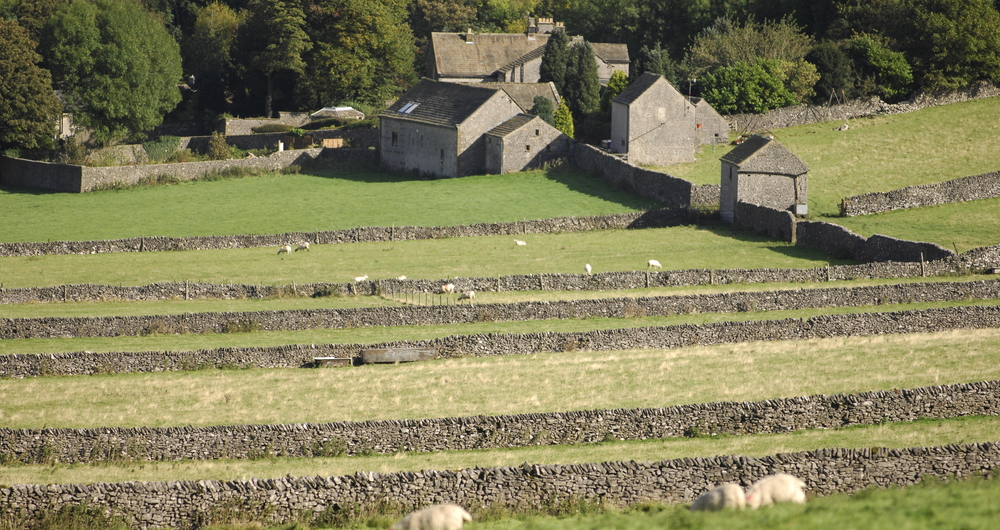1. Clarity on payments
We've been fighting on your behalf to get the best deal for farmers. Our dialogue continues with Defra on the three elements:
- the progressive reductions to direct payments
- change in the delivery model from BPS to delinked payments in 2024 or
- a lump sum exit payment offered for 2022.
We're also providing input to Defra regarding details of the Farming Equipment and Technology Fund and the Farming Transformation Fund.
2. Fighting fit farms
We're talking to Defra and farmers about the impact of the changes in direct payments, including looking at ways to replace lost income.
3. Woodland schemes for woodland scenes
New woodland schemes are being co-designed with stakeholders and we're engaged in the development of tree-planting schemes and how this work will feed into ELMs development.
4. Future farming
We understand that innovation, research and development are the way forward. We're having key discussions with farmers, growers, and agri-businesses and supporting them to address the challenges of food productivity, sustainability, and net zero emissions in UK farming. Our science and rural affairs advisers are actively seeking change through being part of the UK Research and Innovation Total Factor Productivity Advisory Board and the Defra R&D Innovation Stakeholder Panel.
5. Sorting out succession
NFU colleagues have been in regular conversation with Defra on the New Entrants Support scheme, understanding the priorities, timelines, and the best approach in developing the scheme.
6. Supporting learning
We are advocating for more training and an 'earned recognition' pathway which will mean that, for those taking up training, there would be the chance of higher funding.
7. Investing in slurry
Our environment, economics, and dairy teams met with Defra advisers to discuss the barriers that farmers face when it comes to building slurry stores and covers, as well as potential solutions for overcoming those barriers.
